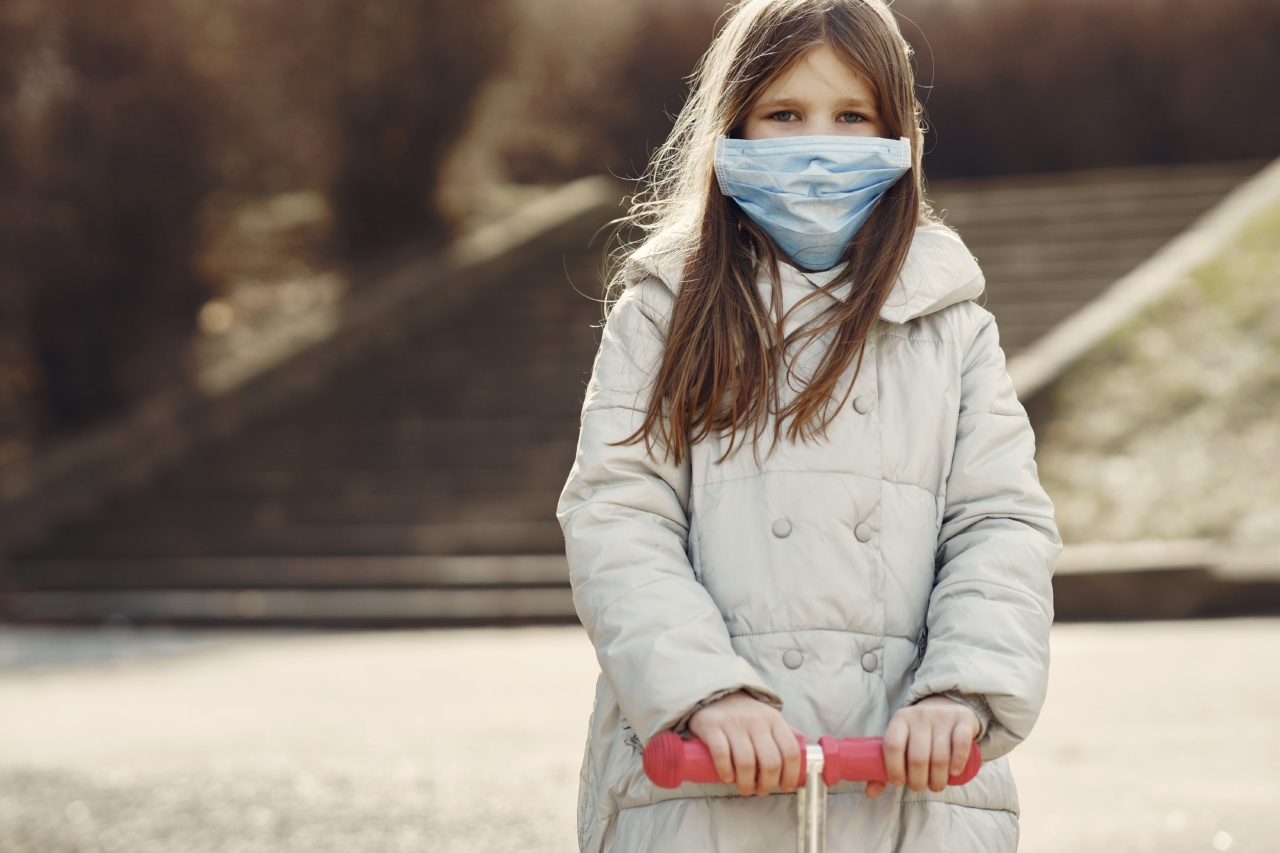Winter season is one of the most challenging time of the year for parents. Children are more susceptible to getting sick during this season, putting their immune systems to the test.
The cold weather, the dry air, and close confinement in closed spaces can increase the risk of catching cold, flu, and other infections. Here are some tips to keep your children healthy during the winter season:.
1. Get a Flu Vaccine Shot
The flu vaccine is very important as it helps to prevent the spreading of flu virus. The flu vaccine is recommended for all children ages six months and older. The flu vaccine can be given at local health clinics, pharmacies, or doctor’s office.
It is important to get it early in the season around October or November before the onset of flu season.
2. Dress Appropriately
Dress your children in warm clothing, hats, and gloves when they go outside during the winter season. Make sure they wear warm layers of clothing when they are going to be outside for a while.
Appropriate clothing will help prevent colds, flu, and frost bite.
3. Keep Your Home Warm and Clean
Upper respiratory infections like cold and flu occur mainly indoors. To prevent the spread of bacteria and viruses, keep your home clean and well-ventilated. Try to keep your home humidity levels above 30% with the use of a humidifier.
It helps keeps the air moist preventing the spread of germs in a dry environment. Use disinfectants to clean toys, surfaces and any other objects that may carry germs. Focus on high touch areas like doorknobs and light switches.
4. Encourage Regular Hand Washing
Encourage your children to wash their hands regularly, especially after they get back from school or play dates. Make sure they cough or sneeze in their elbow and avoid touching their face, especially their eyes, nose, and mouth.
Teaching your children good hygiene habits helps prevent the spread of viruses and bacteria.
5. Increase Fluid Intake
During the winter season, it is vital to keep your children hydrated with fluids. The cold weather can cause dehydration and increase the risk of infections.
Encourage them to drink water, hot fluids, and warm soups that can keep them hydrated and keep them warm. Warm fluids can also help soothe an itchy throat or cough due to cold or flu.
6. Encourage Physical Activity
A regular exercise routine is essential to maintaining good health during winter season. Engage your children in physical activity while indoor. This can include fun activities like dancing, jumping jacks and other simple exercises.
This will help to boost their immune system and keep them healthy.
7. Ensure Good Nutrition
To maintain strong immunity, ensure your children eat a well-balanced diet with plenty of fruits and vegetables, which are rich in vitamins and minerals.
Vitamin C rich foods which are citrus and leafy vegetables help to keep the immune system strong and healthy. Cook meals at home and avoid ready-made foods which may be loaded with preservatives and additives that may not be healthy for your children.
8. Keep Your Children Home When Sick
If your child is feeling sick, it is important that they stay home. They should not engage in activities such as daycare, school, or play dates, as this increases the risk of spreading germs to other children. Keep your children home to recover well.
9. Get Enough Sleep and Rest
Children require adequate sleep and rest to keep their immunity strong. Ensure your children have a consistent bedtime and wake up time during the winter season.
Establish a relaxing bedtime routine of reading stories, taking a warm bath, drinking milk or other warm drinks which can help them to fall asleep quickly and rest well.
10. Maintain Good Mental Health
Mental health is just as important as physical health during the winter season. Keep your children engaged in various indoor activities such as painting, playing board games, or reading books.
Avoid prolonged periods watching television or playing video games, since it can lead to irritability or mood swings in children. Encourage them to have healthy relationships with friends and family during the winter season.
By following these simple tips, parents can help keep their children healthy this winter season. Remember that being proactive is key to keeping your family healthy and warding off illnesses.
Focus on those things that help you unite with your child’s health.































